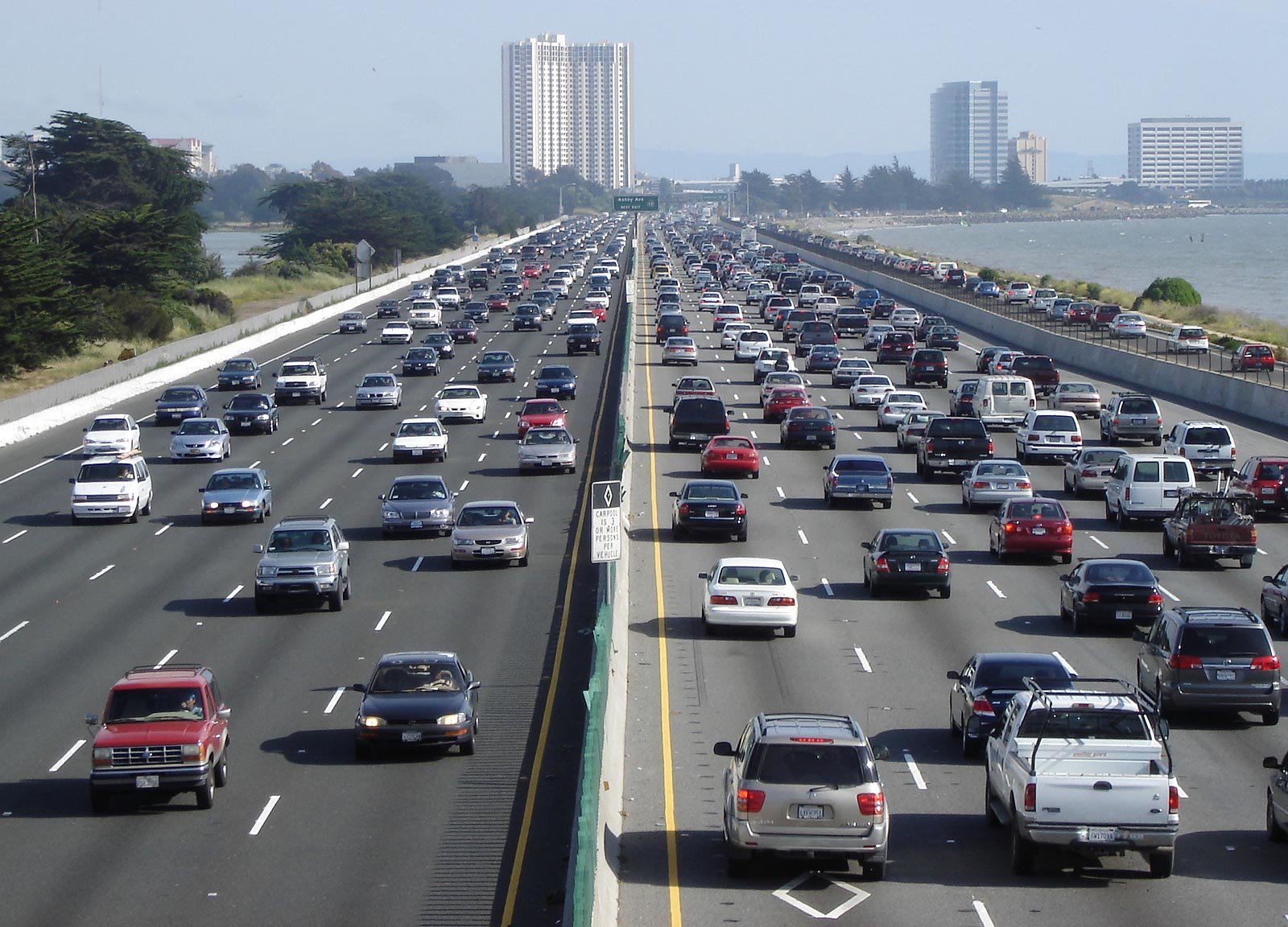
The conventional ‘wisdom’ suggests that self-interest destroys a society; and self-sacrifice preserves it.
Let’s apply this idea to daily life.
When I’m driving on a highway, I’m counting not only on my own sense of self-interest and self-preservation, but also on the self-interest of others to keep me alive. When I’m relying on somebody not to go through a stop sign or red light, I’m not asking them to obey these rules as a sacrifice for me. I’m hoping they’ll do so out of a sense of self-interest.
The same applies with any other rational behavior on a highway. This includes such things as deciding not to ever drive while drunk. I don’t want fellow drivers to be sober for my sake; I want them to do so in order to protect their own property and lives, which are just as much at risk from reckless behavior as my own.
Similarly, I’m hoping they won’t text or do other things incompatible with driving. I don’t ask or expect them to do it for my sake, as if such courtesies had nothing to do with their own safety. All I need is for another to be rationally self-interested.
The highway serves as a metaphor for a lot of life. If other people leave me alone and focus on taking care of their own responsibilities, then they’re doing themselves—and me—a big favor.
The government dictates that those who need will be cared for by those who don’t need. This started out as a concept applying only to the ‘truly needy,” as basic insurance against being left homeless on the street. That idea has ‘evolved’ into the trillions of dollars in unpaid debt against future generations, covering everything from flood insurance, to a middle-class retirement, to food stamps for people who are not starving, to free cell phones.
If people acted with more self-interest and even a little long-range thinking, I would not have to worry about the government hampering my own income, or the overall well-being of society via higher taxes and greater regulations. People would expect to take care of themselves, and would do everything in their power to do so. They would never consider compelling others–using the government–to take care of them.
Self-preservation and self-interest are the ideals. The more these principles are followed in practice, the better place the world can and will be—for myself, as well as for those who follow these principles.
That’s what an ideal consists of. You can argue all you want about whether an ideal is possible. I know there’s nothing impossible about people following an ethics of self-interest. The fact that many choose not to do so is beside the point. The point is: If the principle of self-interest were followed by everyone, the world would be an ideal place. Certainly a much better place than it is now. It’s time to stop pretending that self-sacrifice is the ideal, when precisely the opposite is true.
Considering self-sacrifice the ideal creates a contradiction, resulting in a moral and psychological kind of sickness. It requires some to be needed and others to need. In the psychology field, we talk about ‘codependnece.’ Codependence refers to a neurotic, irrational need to be needed. That’s what the ideology of self-sacrifice does. It states, ‘In order to be a good person, I must be giving up for others.’ But if you’re to give up for others, there must be people—by definition—who aren’t doing a good job of caring for themselves.
Therein lies the great logical fallacy of selflessness as the ideal. For every self-sacrificing person, there must be at least one person on the receiving end of the sacrifice. This makes them (superficially) self-interested, although not in a self-responsible or rational way. The whole theory collapses from its own contradiction.
The ideology of self-sacrifice creates a world of sacrificers and takers; of ‘needers’ and those who need to be needed.
The ideology of self-interest and rational self-preservation, on the other hand, consists of people determined to take care of themselves. It does nothing to prevent loved ones or kind people from voluntarily helping others who did not bring their problems on themselves. But such help is always voluntary, and (hopefully) given with caution and prudence.
The widespread, persistent idea that self-sacrifice is virtue has led to a lot of psychological maladies and disorder. It certainly keeps people like me in business. But I’d gladly lose business for the opportunity to live in a world where the right ideas prevail.
Be sure to “friend” Dr. Hurd on Facebook. Search under “Michael Hurd” (Rehoboth Beach DE). Get up-to-the-minute postings, recommended articles and links, and engage in back-and-forth discussion with Dr. Hurd on topics of interest.
